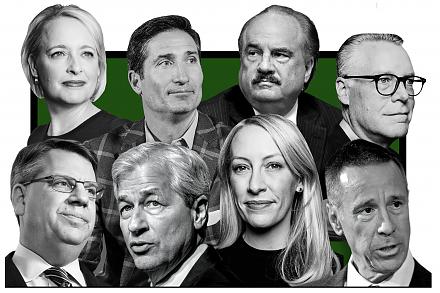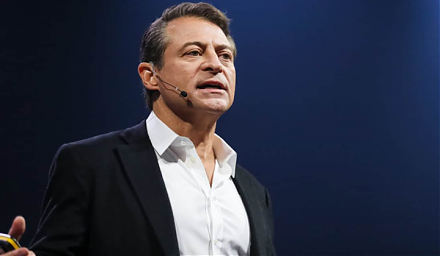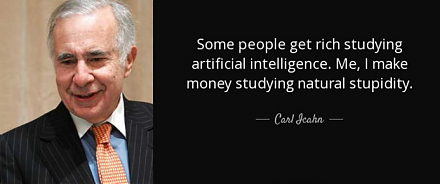

2018-05-08 13:39:00 Tue ET
technology antitrust competition bilateral trade free trade fair trade trade agreement trade surplus trade deficit multilateralism neoliberalism world trade organization regulation public utility current account compliance
The Trump administration weighs the pros and cons of a potential mega merger between AT&T and Time Warner. Recent stock prices show favorable trends for both AT&T and Time Warner in light of this prospective vertical integration. U.C. Berkeley economist Carl Shapiro defends the Justice Department's lawsuit against AT&T and Time Warner due to antitrust concerns. Shapiro suggests that this $85 billion mega merger would raise prices by $286 per annum for pay TV consumers. The structural change poses an imminent threat to the current market development of online video content curation. Further, this deal would spur AT&T with its cross-equity ownership of DirecTV to charge pay-TV rivals more for Time Warner video content. The latter prediction applies specifically to the Turner family of news and sports shows.
AT&T would face the incentive to negotiate contracts with other cable and satellite TV providers such as Comcast to constrain content curation to more cost-effective online video services. This vertical integration would encourage anti-competitive behaviors to the detriment of pay TV consumers.
In contrast, Chicago chair professor Dennis Carlton opposes the Shapiro antitrust thesis. Carlton points out that pay-TV consumers can enjoy net benefits in close association with this M&A deal. When AT&T merges with Time Warner, this merger would save consumers money since this vertical integration of a pay-TV provider and a movie-and-TV giant would build a more efficient company. Carlton highlights the Achilles heel in the Shapiro antitrust thesis: Shapiro underestimates how many people would leave pay TV altogether, and overestimates how many people would leave their pay TV provider if they lose access to the Turner family channels of movies and TV shows. On cross-examination, however, senior trial attorney Craig Conrath seeks unsuccessfully to push Carlton to concede that Comcast's vertical acquisition of NBCU content subsidiary results in more expensive movies and TV shows. Whether the $85 billion mega merger can prove to bear fruits for pay TV consumers remains an open controversial mystery. The Trump administration has to weigh the pros and cons of this vertical merger between AT&T and Time Warner.
If any of our AYA Analytica financial health memos (FHM), blog posts, ebooks, newsletters, and notifications etc, or any other form of online content curation, involves potential copyright concerns, please feel free to contact us at service@ayafintech.network so that we can remove relevant content in response to any such request within a reasonable time frame.
2020-08-01 07:28:00 Saturday ET

Technological advances, geopolitical risks, and pandemic outbreaks cannot shake investor confidence in the American dollar as the global reserve currency.
2019-08-12 07:30:00 Monday ET

Facebook reaches a $5 billion settlement with the Federal Trade Commission over Cambridge Analytica user privacy violations. The Federal Trade Commission (F
2019-01-07 18:42:00 Monday ET

Neoliberal public choice continues to spin national taxation and several other forms of government intervention. The key post-crisis consensus focuses on go
2019-03-01 13:36:00 Friday ET

Global economic uncertainty now lurks in a thick layer of mystery. This uncertainty arises from Sino-U.S. trade tension, Brexit fallout, monetary policy nor
2017-11-29 07:42:00 Wednesday ET

The octogenarian billionaire and activist investor Carl Icahn mulls over steps to shake up the board of SandRidge Energy after the oil-and-gas company adopt
2023-10-21 11:32:00 Saturday ET

Walter Scheidel indicates that persistent European fragmentation after the collapse of the Roman Empire leads to modern economic growth and development.